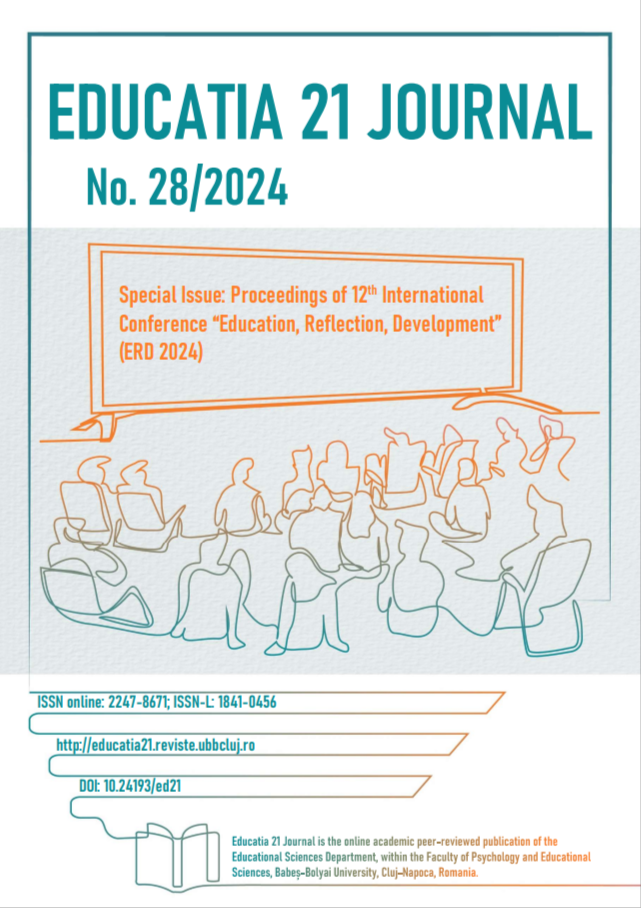Enhancing Access and Success for Disadvantaged Students through Student Ambassadors
Enhancing Access and Success for Disadvantaged Students through Student Ambassadors
Author(s): Ruxandra Foloştină, Roxana-Justina Zavada, Lia-Teodora Saghin, Elena Madalina IancuSubject(s): Social Sciences, Education, Pedagogy
Published by: Universitatea Babeş-Bolyai
Keywords: inclusion; higher education; students from disadvantaged groups; non-traditional learners; student ambassadors;
Summary/Abstract: Higher education has become much more accessible to people from disadvantaged groups due to advocacy and legislative changes. But even with this support, students from disadvantaged groups still face barriers at all stages of their academic and professional careers. Higher education institutions continue to view students from disadvantaged groups as less academically prepared, less interested, and with high dropout potential, providing financial rather than academic support services. Student ambassadors are a widely used outreach and support intervention in some higher education institutions. Furthermore, researchers consider it an effective strategy for expanding access, placing considerable emphasis on analyzing its effects on the individuals receiving support. This work illustrates a model of inclusive higher education (IHE), successfully implemented at the University of Bucharest, through a student ambassador program. Student Ambassadors offers university students from disadvantaged groups the opportunity to learn and develop alongside peers in an accessible and diverse academic environment. This paper provides an insight into inclusion in higher education and strategies that can be applied on a university campus to ensure access to non-traditional learners or students from disadvantaged groups. Also, suggestions for implementing inclusive university practices are presented. This article, conceived and co-written with the student ambassadors, is their reflective account of their experience as student ambassadors in supporting students from disadvantaged groups, as well as their fellow undergraduate peers who are considered underrepresented students. Their reflections remind us that they have huge potential for supporting inclusion in higher education and facilitating access to the labour market.
Journal: Educatia 21
- Issue Year: 2024
- Issue No: 28
- Page Range: 306-313
- Page Count: 8
- Language: English

